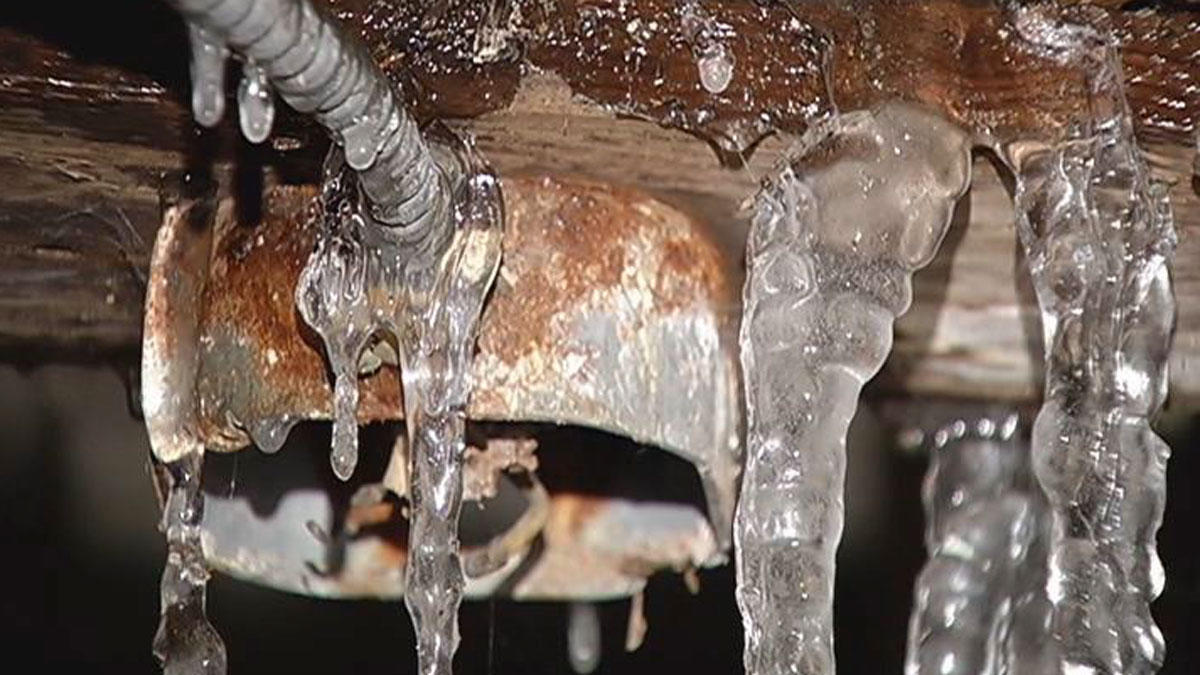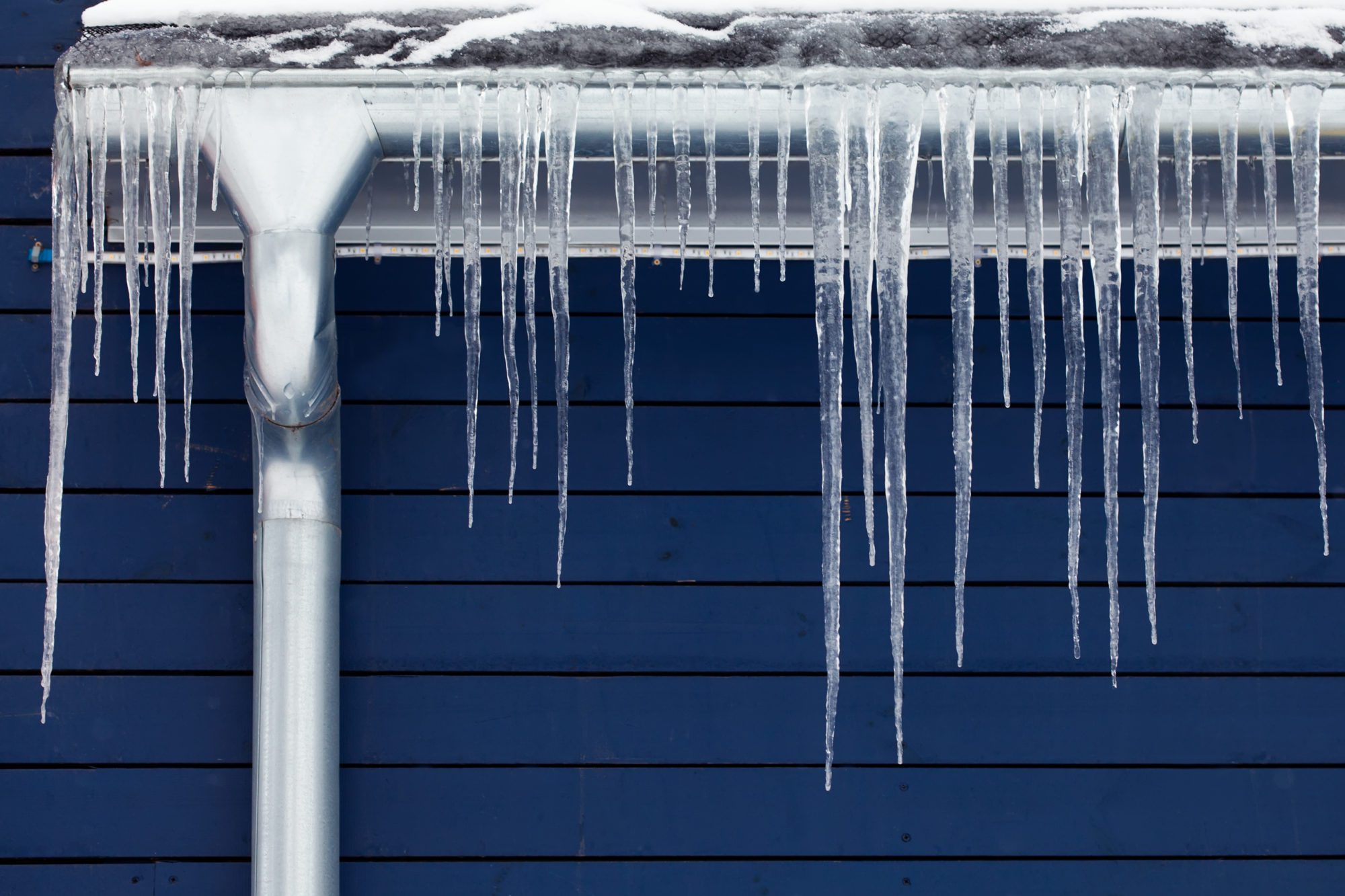Guidance for Avoiding Frozen Plumbing in Cold Weather: Expert Tips
Guidance for Avoiding Frozen Plumbing in Cold Weather: Expert Tips
Blog Article
Are you currently looking for advice on How to Prevent Your Pipes From Freezing?

Winter can wreak havoc on your pipes, particularly by freezing pipelines. Here's exactly how to prevent it from taking place and what to do if it does.
Introduction
As temperature levels decline, the danger of frozen pipes increases, potentially causing expensive repair work and water damage. Understanding how to avoid frozen pipes is critical for home owners in cold climates.
Prevention Tips
Protecting at risk pipelines
Wrap pipes in insulation sleeves or utilize warm tape to shield them from freezing temperature levels. Concentrate on pipelines in unheated or external locations of the home.
Home heating strategies
Maintain indoor areas appropriately warmed, specifically locations with plumbing. Open cabinet doors to permit cozy air to distribute around pipes under sinks.
Exactly how to identify icy pipelines
Try to find reduced water flow from taps, unusual smells or sounds from pipes, and noticeable frost on subjected pipes.
Long-Term Solutions
Architectural modifications
Consider rerouting pipelines away from outside walls or unheated areas. Include extra insulation to attic rooms, basements, and crawl spaces.
Updating insulation
Invest in top notch insulation for pipes, attic rooms, and walls. Appropriate insulation aids preserve regular temperatures and reduces the danger of icy pipes.
Securing Outdoor Plumbing
Yard tubes and outdoor faucets
Separate and drain pipes garden hose pipes prior to wintertime. Set up frost-proof spigots or cover outdoor taps with protected caps.
Recognizing Icy Pipes
What creates pipelines to ice up?
Pipes freeze when subjected to temperature levels listed below 32 ° F (0 ° C) for extended periods. As water inside the pipes ices up, it broadens, putting pressure on the pipeline wall surfaces and potentially causing them to rupture.
Risks and damages
Frozen pipes can result in water system disturbances, residential property damages, and costly repair services. Ruptured pipes can flood homes and cause extensive architectural damages.
Indications of Frozen Pipeline
Identifying icy pipelines early can avoid them from bursting.
What to Do If Your Pipelines Freeze
Immediate actions to take
If you suspect icy pipes, maintain taps open to relieve stress as the ice melts. Make use of a hairdryer or towels soaked in warm water to thaw pipes gradually.
Conclusion
Protecting against frozen pipelines requires proactive actions and quick actions. By recognizing the causes, indications, and preventive measures, homeowners can safeguard their pipes throughout winter.
Helpful Tips to Prevent Frozen Pipes this Winter
UNDERSTANDING THE BASICS: WHY PIPES FREEZE AND WHY IT’S A PROBLEM
Water freezing inside pipes is common during the winter months, but understanding why pipes freeze, and the potential problems it can cause is crucial in preventing such incidents. This section will delve into the basics of why pipes freeze and the associated problems that may arise.
THE SCIENCE BEHIND FROZEN PIPES
When water reaches freezing temperatures, it undergoes a physical transformation and solidifies into ice. This expansion of water as it freezes is the primary reason pipes can burst. As the water inside the pipe freezes, it expands, creating immense pressure on the walls. If the pressure becomes too great, the pipe can crack or rupture, leading to leaks and water damage.
FACTORS THAT CONTRIBUTE TO PIPE FREEZING
Low Temperatures: Extremely cold weather, especially below freezing, increases the risk of pipes freezing. Uninsulated or Poorly Insulated Pipes: Pipes located in unheated areas, such as basements, crawl spaces, or attics, are more prone to freezing. Insufficient insulation or lack of insulation altogether exacerbates the problem. Exterior Wall Exposure: Pipes running along exterior walls are susceptible to freezing as they encounter colder temperatures outside. Lack of Heating or Temperature Regulation: Inadequate heating or inconsistent temperature control in your home can contribute to frozen pipes. PROBLEMS CAUSED BY FROZEN PIPES
- Pipe Bursting: As mentioned earlier, the expansion of water as it freezes can cause pipes to burst, resulting in significant water damage.
- Water Damage: When pipes burst, it can lead to flooding and water damage to your property, including walls, ceilings, flooring, and personal belongings.
- Structural Damage: Prolonged exposure to water from burst pipes can compromise the structural integrity of your home, leading to costly repairs.
- Mold and Mildew Growth: Excess moisture from water damage can create a favorable environment for mold and mildew growth, posing health risks to occupants.
- Disrupted Water Supply: Frozen pipes can also result in a complete or partial loss of water supply until the issue is resolved.
WHY CERTAIN PIPES ARE MORE PRONE TO FREEZING
- Location: Pipes located in unheated or poorly insulated areas, such as basements, crawl spaces, attics, or exterior walls, are at higher risk of freezing.
- Exterior Pipes: Outdoor pipes, such as those used for irrigation or exposed plumbing, are particularly vulnerable to freezing as they are directly exposed to the elements.
- Supply Lines: Pipes that carry water from the main water supply into your home, including the main water line, are critical to protect as freezing in these lines can affect your entire plumbing system.
- Underground Pipes: Pipes buried underground, such as those connected to sprinkler systems or outdoor faucets, can be susceptible to freezing if not properly insulated.
https://busybusy.com/blog/helpful-tips-to-prevent-frozen-pipes-this-winter/

I'm very inquisitive about How to Prevent Your Pipes From Freezing and I really hope you liked the new blog entry. If you enjoyed reading our page plz don't forget to pass it around. Thanks a bunch for being here. Kindly pay a visit to our blog back soon.
Call Today Report this page